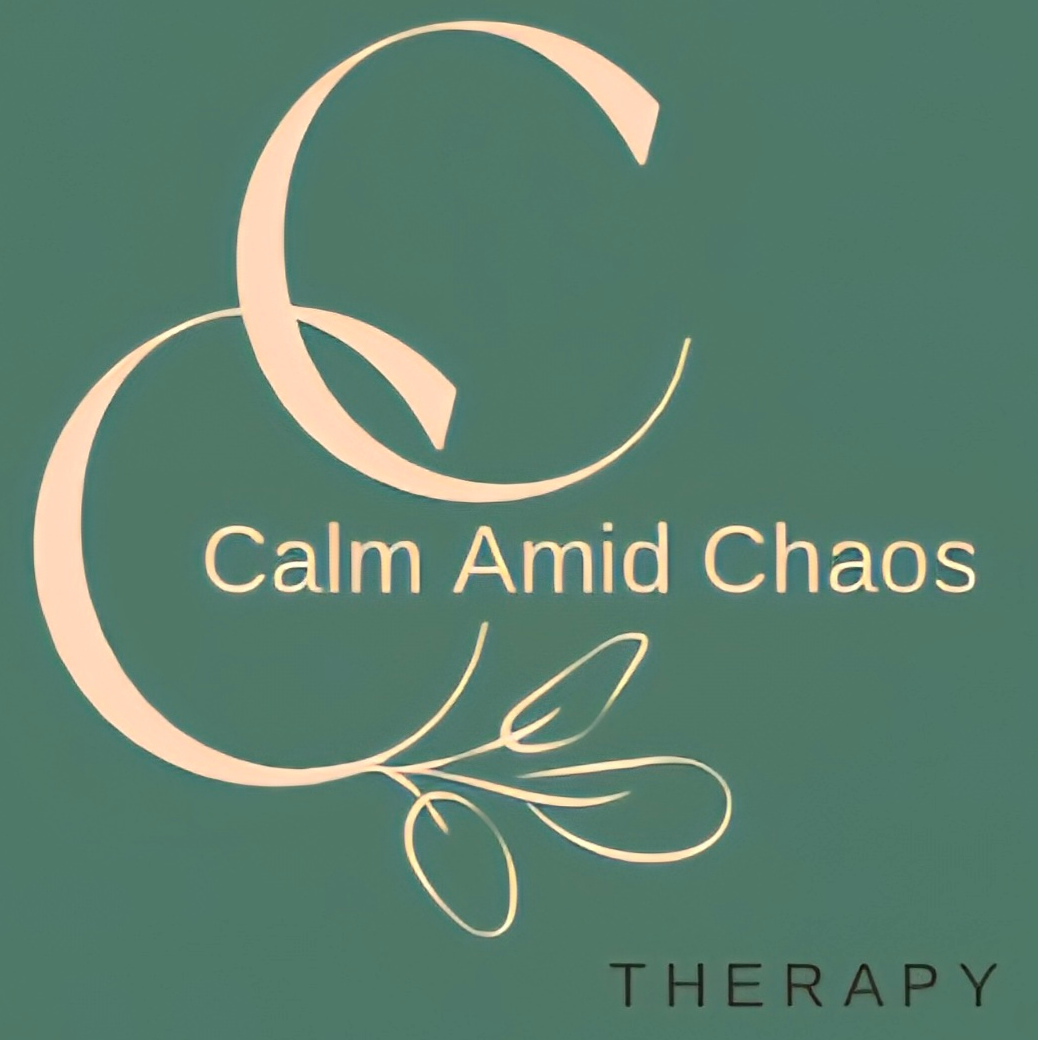How Do I Know If This Thought Is OCD or Real?
This question comes up all the time in therapy with me. You’re going about your day, minding your own business, when a thought lands in your head. And It feels intense. It feels urgent. It feels important. And suddenly you’re wondering…..
Is this an OCD thought? Or is this real?
If this sounds familiar, you’re not alone. Many of the people I work with ask the same thing, especially if they’ve spent years feeling like they have to respond to every thought that pops into their head, just in case it means something important.
Let’s talk about why this question shows up so often, and why it’s actually part of the OCD cycle.
Why OCD Makes You Question What’s Real
One of the sneakiest things about OCD is how convincing it can be. It doesn’t announce itself as OCD, it hides behind a tone that sounds just like your own voice.
OCD doesn’t give you obviously irrational, strange thoughts. It gives you thoughts that feel plausible.
Thoughts that go against your values.
Thoughts that are egodystonic.
Thoughts that lead you to question “What if this actually means something?” or “What if I’m ignoring something serious?”
So when you ask yourself, “How do I know if this thought is OCD (and therefore insignificant) or real?” what you’re really saying is, “I don’t trust my ability to let this go. I need to know for sure that I can move on with my day without answering/figuring it out”……
And that’s what OCD thrives on – the demand for 100% certainty.
But What If This Time This Thought Is Real?
This is the trap. OCD will always try to convince you that this time it’s not OCD. That this time it’s a real issue that you need to figure out RIGHT NOW. It will tell you things like:
- “If you don’t think about this, you’re being irresponsible.”
- “You need to be sure before you move on.”
- “If you don’t think about this you’ll feel awful forever”
Does this sound familiar?
The truth is, even if a thought is based on something real (like a decision you have to make in the future or something you said to someone the day before), OCD latches onto it and magnifies it. It makes it feel like there’s only one right answer, and if you don’t find it that answer right now, something terrible might happen, or you’ll feel this uncomfortable forever.
The OCD Red Flag To Look Out For: Urgency and Desperation
One way to spot an OCD thought is to notice how it feels. OCD thoughts often come with:
- A sense of urgency
- A need to figure it out immediately
- The feeling that you can’t move on until you’ve solved it
- Endless mental reviewing or analysing
Real-life problems rarely feel like this. When something genuinely needs our attention, we can usually take time to reflect and come to a decision without feeling like the answer needs to be found right now.
So How Do You know
Here’s the uncomfortable truth. You often can’t know with 100% certainty whether it’s an OCD thought or a real life important thought.
And that’s the work.
Learning to live with uncertainty is part of recovery. Not because your thoughts don’t matter, but because your wellbeing and your external world around you does.
The goal isn’t to figure out if a thought is “OCD or real.”
The goal is to change how you respond to the thought. Instead of getting caught in the trap of trying to solve or reassure yourself, you learn to notice the urge to figure it out and gently say, “I see you, but I’m not going there today.”
What You Can Do Instead
If this question is taking up a lot of your headspace, here are some gentle things to try:
- Notice when you’re trying to solve a thought and label it as a mental compulsion
- Give yourself permission not to have an answer right now and metaphorically ‘put it down’
- Remind yourself that discomfort isn’t danger – it’s just uncomfortable
- Practice pausing and refocussing your attention back on what matters in your day
It’s not about ignoring your thoughts or pretending they’re not there. It’s about making space for uncertainty without letting it run your life.
You Don’t Have to Do This Alone
If you’re stuck in the loop of needing to know if your thoughts are OCD or real, and it’s exhausting you, therapy can help. I work with people who’ve spent years trying to figure everything out, who feel like they can’t rest until they’re sure.
Together, we can help you respond differently. Not by finding the “right” answer, but by breaking the cycle that’s keeping you stuck.
If that feels what you might need you need, reach out to discuss working together. I offer online CBT and ERP therapy in Bristol and further afield meaning you don’t need to be in Bristol to work with me.
Jess X
